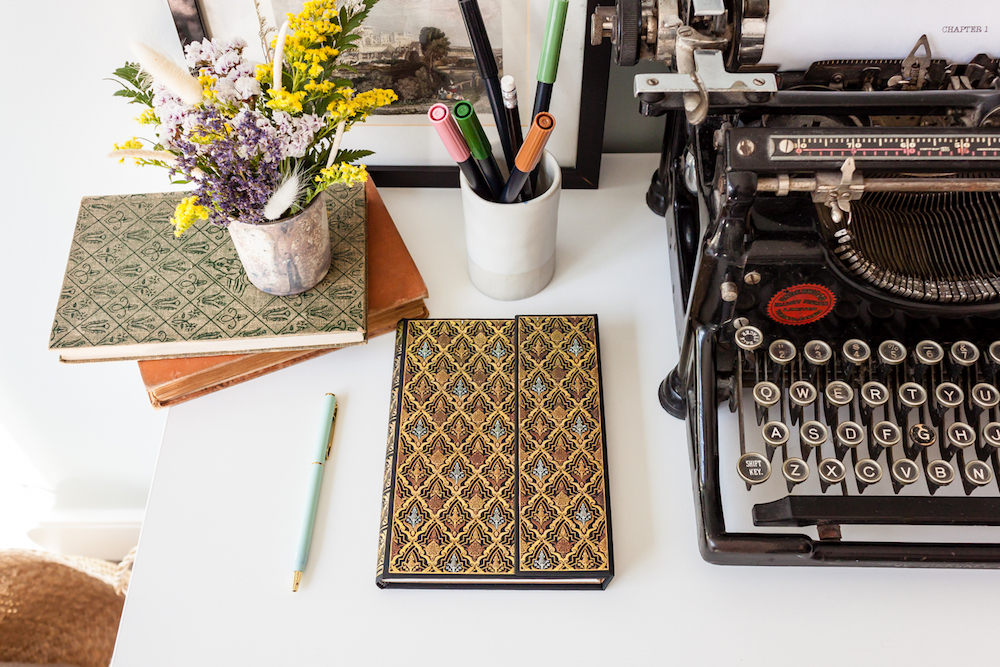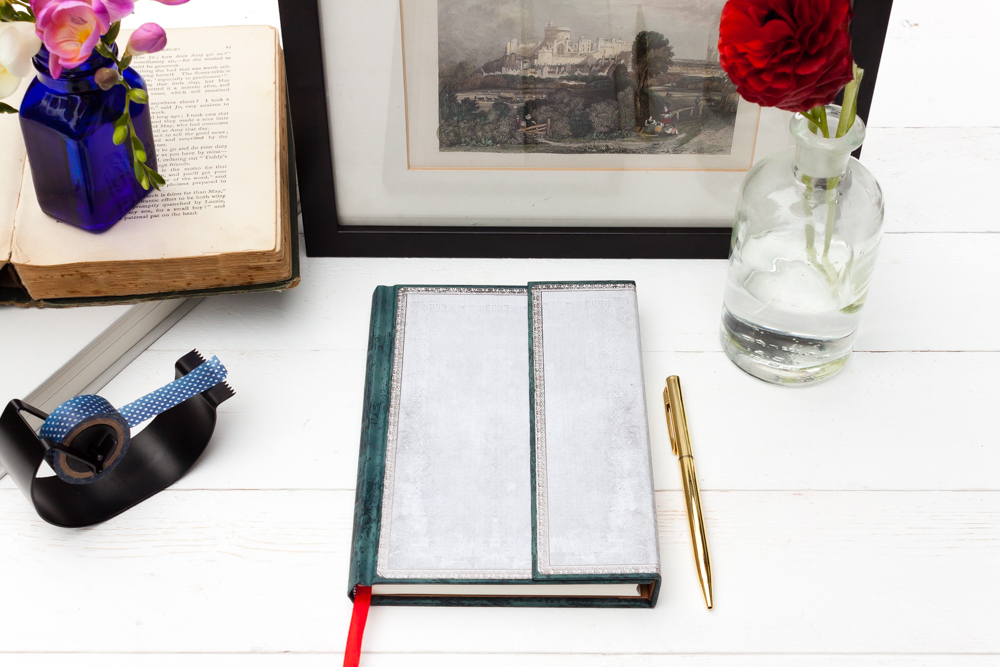Are you participating in National Novel Writing Month (NaNoWriMo) this year? For some writers, the titanic task of completing a novel in a month feels overwhelming. For others, the challenge is just the push they need to sit down and write. Most writers — emerging or published — have, one way or another, felt the struggle of staring at a blank page. Some of them have even found rituals to help them through the process of writing. Isabel Allende, for instance, begins all her novels only on January 8. Anne Lamott thinks Mondays are not good writing days. “One has had all that freedom over the weekend, all that authenticity, all those dreamy dreams,” she writes in her book Bird by Bird. “And then your angry mute Slavic Uncle Monday arrives, and it is time to sit down at your desk. I would simply recommend to the people in my workshop that they never start a large writing project on a Monday. Why set yourself up for failure?”
Rituals and superstitions aside, here are five solid pieces of advice from published writers to help you conquer the challenge of sitting down and getting things done, whether you are participating in National Novel Writing Month (NaNoWriMo) or just writing at your own pace.

1) Pick the hours that work best for you
Whether you are an early bird or a night owl, pick a time when your focus and energy levels are at their best. Leo Tolstoy liked to start writing first thing. “In the morning one’s head is particularly fresh. The best thoughts most often come in the morning after waking while still in bed or during the walk.”
2) Stop while the writing is good
Nobel Prize winner Ernest Hemingway believed in stopping writing before he lost momentum. “Always stop while you are going good and don’t worry about it until you start to write the next day. That way your subconscious will work on it all the time. But if you think about it consciously or worry about it you will kill it and your brain will be tired before you start.”

3) Lock yourself away until you finish
When Victor Hugo was writing The Hunchback of Notre Dame, he took isolation to the extreme: he had someone hide all his clothes and wore only a full length knitted shawl around his body so that he wouldn’t go outside under any circumstances and would focus only on his writing. He completed the novel in six months. This advice might be very unpopular today after the year we just had, when nobody wants to be isolated ever again! A more modern and realistic approach to this would be to remove any distractions until you complete your daily writing goal.
4) Look within
In 1903 Rainer Maria Rilke gave writing advice to a young admirer, which was later collected in the book Letters to a Young Poet. Some of the advice focused on looking within and writing what you know: “You are looking outside, and that is what you should most avoid right now. No one can advise or help you — no one. There is only one thing you should do. Go into yourself.” Don’t compare yourself to others and don’t look for outside validation. Look within and start writing.

5) Just write
This is not from a famous writer, or from anybody really. Maybe it’s just us ripping off Nike, but the best way to get things done is to just sit down to write and see what happens. Don’t overthink things, just pour yourself onto the page. You can worry later about editing.
What’s the best piece of writing advice you have ever received? Let us know in the comments. We’d love to hear!





